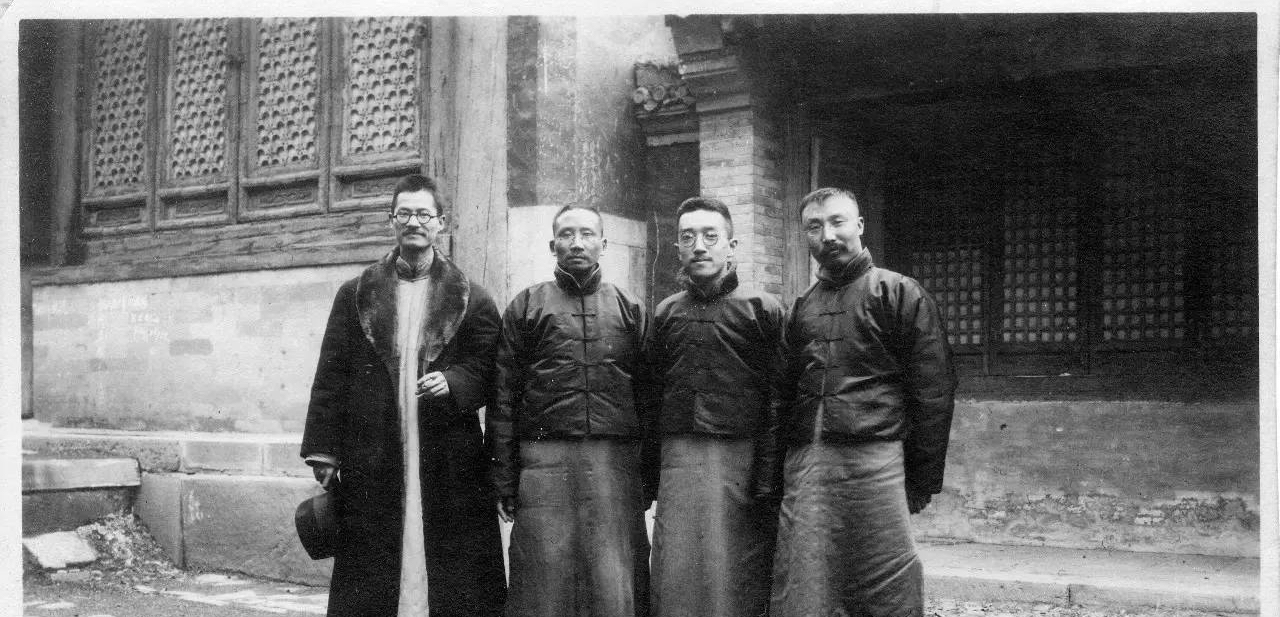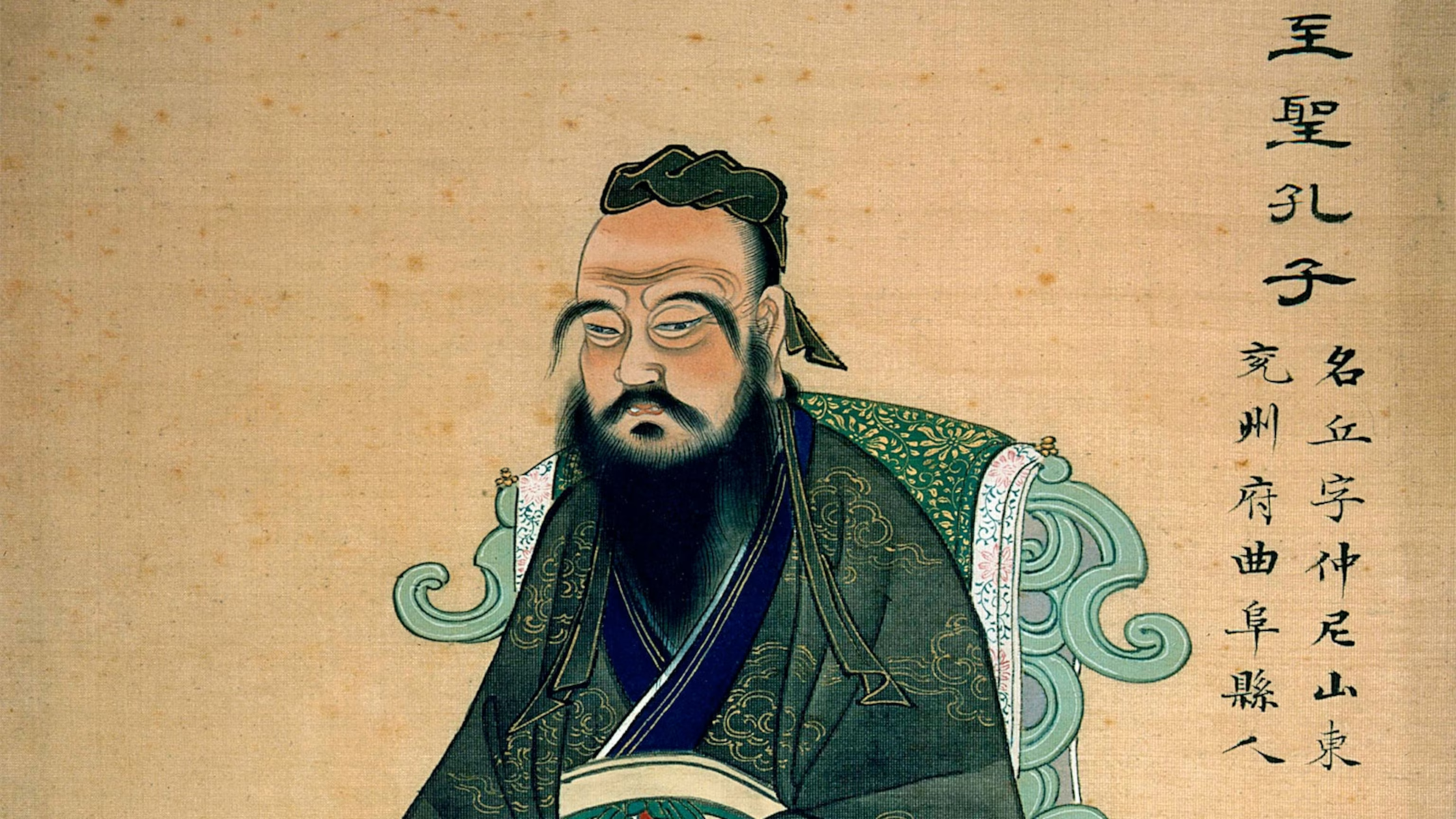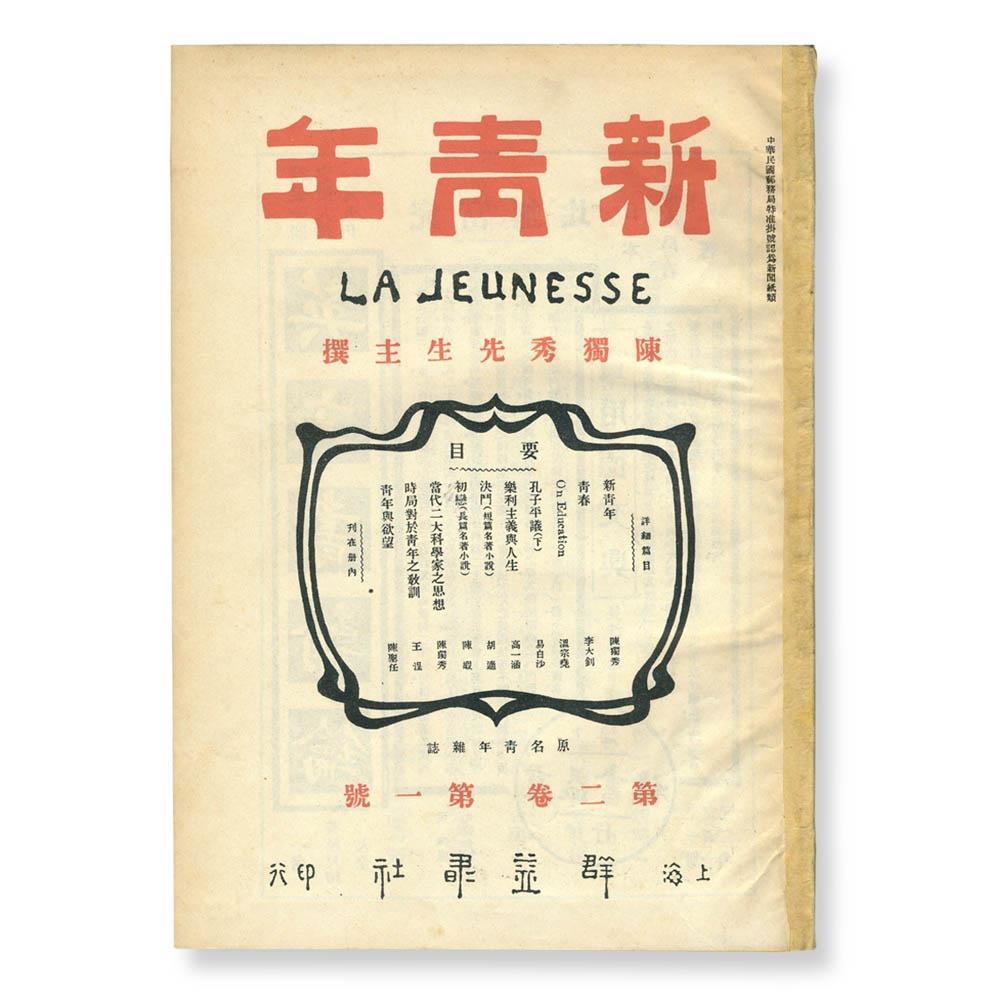In Republican China (1912-1949), liberals and communists aligned on the vital role of freedom of speech and thought

Both liberal and communist thinkers in Republican China (1912-1949) viewed freedom of speech and thought as defining features of modernity. From differing perspectives, they debated the meaning of this freedom for China and the ways it could be realised. Despite encountering strong resistance in practice, these convictions continue to serve as valuable intellectual resources for … In Republican China (1912-1949), liberals and communists aligned on the vital role of freedom of speech and thought


